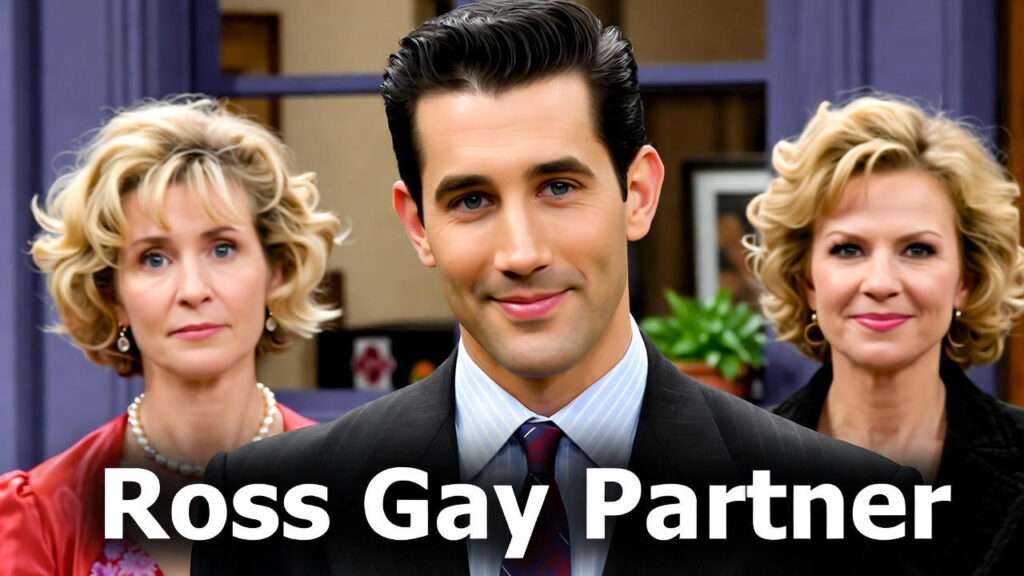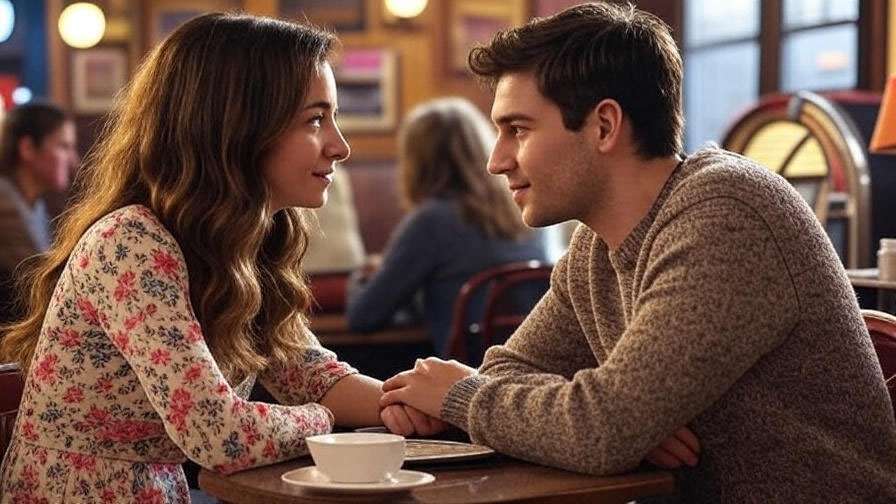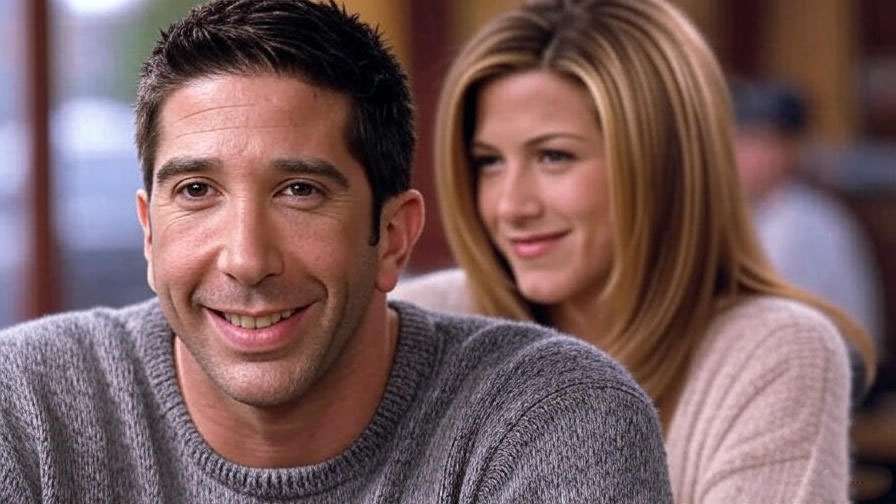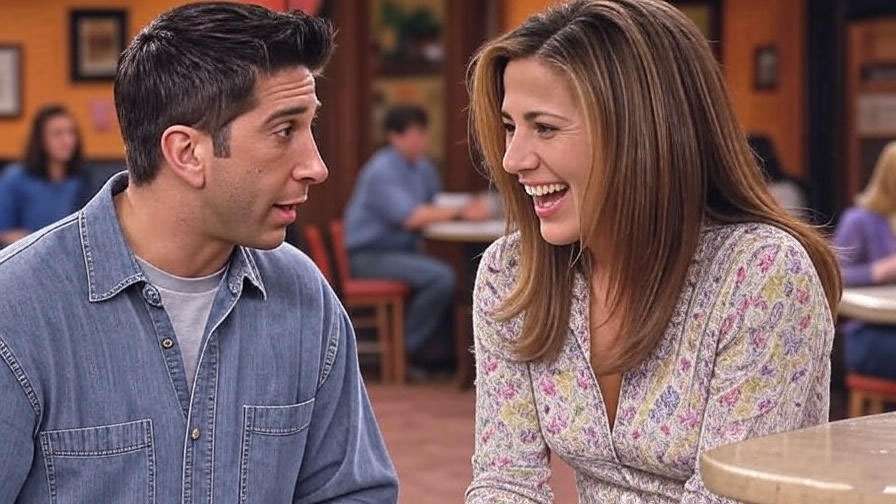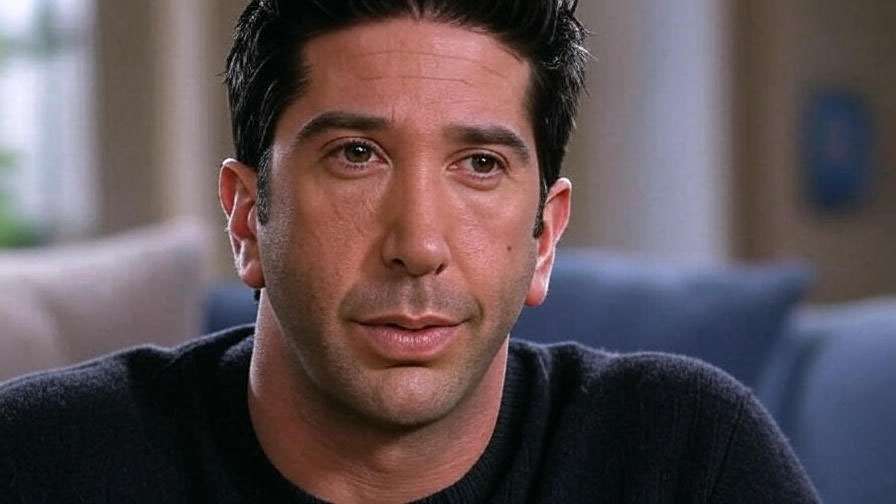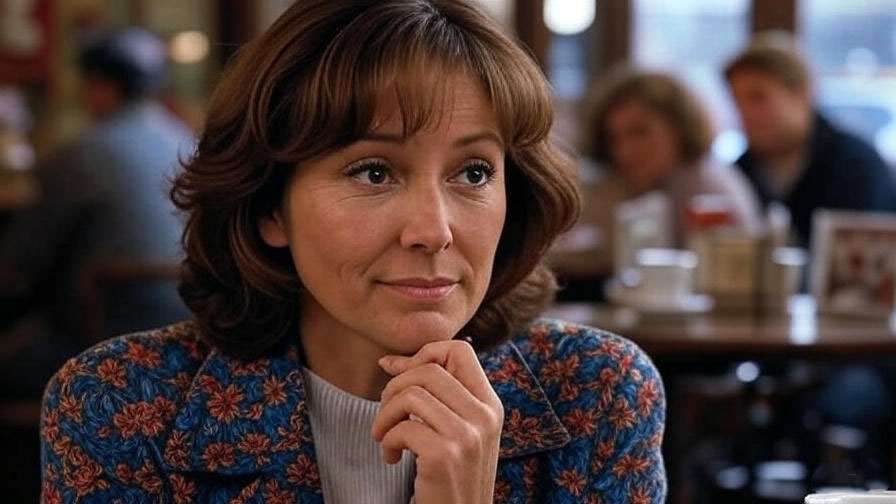Friends remains one of the most beloved TV series of all time, capturing audiences with its humor, relatable friendships, and unforgettable romantic entanglements. Among its characters, Ross Geller—played by David Schwimmer—has sparked curiosity not just for his on-again, off-again romance with Rachel Green, but also for rumors and fan theories questioning whether Ross ever had a gay partner. The focus keyword “ross gay partner” has become a common search term among fans trying to clarify this rumor.
In this article, we’ll explore the origins of this misconception, examine canonical evidence from the show, analyze fan theories, and provide authoritative insights from the creators themselves. By the end, you’ll have a clear understanding of Ross’s romantic storylines and the truth behind the speculation.
Table of Contents
ToggleUnderstanding Ross Geller’s Character
Ross as the Romantic, Nerdy Paleontologist
Ross Geller is introduced as a quirky, intellectual, and somewhat socially awkward paleontologist. His character is defined by a combination of endearing nerdiness, occasional over-sensitivity, and a deep desire for meaningful relationships. These traits not only make him relatable but also make his romantic misadventures a central focus of the show.
Ross’s intelligence and awkward humor often create misunderstandings, which fans sometimes misinterpret when discussing his relationships. Understanding his personality is key to seeing why rumors like the “ross gay partner” speculation even exist.

Ross’s Key Relationships on Friends
Throughout Friends, Ross is romantically involved with several characters who shape his emotional journey:
-
Rachel Green: The most iconic of Ross’s relationships, spanning from unspoken love to marriage proposals, breakups, and eventual reconciliation.
-
Carol Willick: Ross’s first wife, who comes out as a lesbian. Their storyline is central to some misconceptions about Ross’s romantic life.
-
Emily Waltham: Ross’s second wife, whose tumultuous relationship highlights his ongoing struggles with communication and commitment.
By examining these relationships, it becomes clear that Ross’s love life was complex and often comedic, but always rooted in heterosexual storylines.

How Ross’s Relationships Shape Audience Perceptions
Ross’s awkwardness and the humor derived from misunderstandings have contributed to fan speculation. Comedic situations—like misinterpreted gestures or confusing romantic dynamics—can sometimes lead audiences to overanalyze interactions, fueling rumors such as the idea that Ross had a gay partner.
The Origins of the “Ross Gay Partner” Rumor
Carol Willick’s Storyline
One of the main sources of this rumor is Ross’s ex-wife, Carol Willick. In Friends, Carol reveals that she is a lesbian and begins a relationship with Susan Bunch. Ross navigates co-parenting with Carol and Susan, often leading to humorous and awkward moments.
Fans unfamiliar with the storyline may misinterpret Ross’s interactions with Susan or Carol as a reflection of his own sexual orientation rather than understanding it as part of the comedic narrative. This misunderstanding has helped perpetuate the “ross gay partner” rumor.

Fan Theories and Misconceptions
The internet has amplified speculation about Ross’s romantic life. Fan forums, social media threads, and meme culture often exaggerate or misrepresent scenes for comedic effect. Some discussions misread Ross’s kindness, awkwardness, or emotional reactions as hints of hidden romantic relationships with men, despite no canonical evidence to support these claims.
Media Misreporting
Occasionally, articles or viral posts misstate facts about Ross’s storylines, either by summarizing episodes inaccurately or by creating clickbait titles. These misrepresentations can confuse new viewers or casual fans, contributing further to the misconception that Ross had a gay partner.
Did Ross Ever Have a Gay Partner? The Truth
Canonical Evidence from the Series
If we look directly at Friends episodes, there is no evidence that Ross Geller ever had a gay partner. Every romantic storyline involving Ross is with women, and his interactions with Carol and Susan are clearly portrayed within the context of friendship, co-parenting, and humor rather than romantic involvement.
Some episodes often misquoted or memes shared online may suggest otherwise, but these are based on misinterpretation or exaggeration. For example:
-
Ross’s awkward attempts at understanding Susan’s relationship with Carol are meant to create comedic tension, not imply Ross’s own sexual orientation.
-
Scenes where Ross bonds with male characters (like Joey or Mike) are strictly platonic and comedic.

Statements from Show Creators and Cast
David Schwimmer, along with Friends writers and producers like Marta Kauffman, has clarified in interviews that Ross was written and portrayed as heterosexual. The Carol-Susan storyline was intentionally created to explore adult themes and co-parenting dynamics while incorporating humor and inclusivity, not to suggest Ross had romantic relationships with men.
Understanding Fan Confusion
Fans may also confuse Ross’s emotional depth and sometimes empathetic interactions as romantic interest, leading to persistent rumors. Humor, nostalgia, and internet culture all contribute to exaggerating these perceptions.
Ross’s Romantic Life in Context
Comparing Ross with Other Friends Characters
Ross’s romantic journey stands out in Friends because of its combination of comedy, drama, and complexity. Unlike Monica or Rachel, whose relationships are more straightforward or career-influenced, Ross’s love life is often punctuated by misunderstandings, awkward timing, and familial complications.
The Carol-Willick storyline adds a unique dimension: while Monica and Rachel’s love lives generally follow conventional patterns, Ross’s interactions with Carol and Susan highlight co-parenting, acceptance, and the comedic challenges of adult relationships. Misreading these interactions has contributed to the rumor of a “ross gay partner.”
How Friends Portrayed LGBTQ+ Relationships
Friends aired in the 1990s, a time when mainstream television rarely focused on LGBTQ+ storylines. The Carol and Susan arc was notable for its sensitive yet comedic depiction of a lesbian couple. However, Ross’s involvement was strictly as a supportive ex-husband and father.
Understanding the era’s context clarifies why audiences sometimes misinterpret Ross’s role. While he interacts with LGBTQ+ characters, these interactions never imply that Ross himself is gay, demonstrating the importance of separating supportive roles from personal orientation.
Why Rumors About Ross Persist
Several factors keep this misconception alive:
-
Nostalgia: Fans revisiting old episodes may overanalyze interactions through a modern lens.
-
Memes and Internet Culture: Exaggerated jokes and misquotes make their way into fan discussions.
-
Curiosity About Complex Characters: Ross’s layered personality—intelligent, sensitive, and occasionally awkward—makes him a prime subject for speculation.
Lessons and Insights from Ross’s Relationships
Understanding Miscommunication in Relationships
Ross’s romantic misadventures provide real-life lessons in communication. Many of his conflicts arise from misunderstandings, assumptions, and unspoken feelings. Fans can learn from these comedic scenarios by appreciating the importance of clarity and honesty in relationships.
Friendship and Love Dynamics
Ross’s storylines often intersect with his friendships. For example, his dynamic with Rachel is inseparable from the larger friend group context. Observing how friendships influence romantic decisions offers valuable insights into balancing love and friendship in real life.

How Fans Can Appreciate Character Complexity
Rather than focusing on speculative rumors like “ross gay partner,” viewers can explore the depth of Ross’s character. His growth across 10 seasons—from awkward paleontologist to devoted father and committed partner—highlights nuanced storytelling that goes beyond surface-level assumptions.
FAQs About Ross and LGBTQ+ Speculations
1. Did Ross ever date a man on Friends?
No. Ross Geller’s romantic relationships were exclusively with women. Any rumors suggesting otherwise stem from misinterpretations or internet speculation.
2. Why do fans think Ross had a gay partner?
The main source is Ross’s interactions with Carol and Susan, combined with comedic misunderstandings and memes circulating online.
3. Is Ross’s character supportive of LGBTQ+ themes?
Yes. Ross is portrayed as understanding and supportive, particularly in his co-parenting relationship with Carol and Susan, which reflects respectful depiction of LGBTQ+ storylines for the era.
4. How accurate are fan theories about Ross’s love life?
While fan theories can be entertaining, canonical evidence from the show confirms Ross never had a gay partner. Always refer to episodes and statements from creators for accurate information.
Conclusion
The rumor surrounding a “ross gay partner” is a fascinating example of how fan speculation and internet culture can distort perceptions of a beloved TV character. In reality, Ross Geller’s romantic life is firmly heterosexual, with relationships that include Rachel, Carol, and Emily.
By exploring the origins of the misconception, examining canonical evidence, and considering the cultural context of Friends, we can appreciate Ross’s storylines without the need for misinformation. His journey offers lessons in communication, friendship, and love that remain relatable decades after the show first aired.

